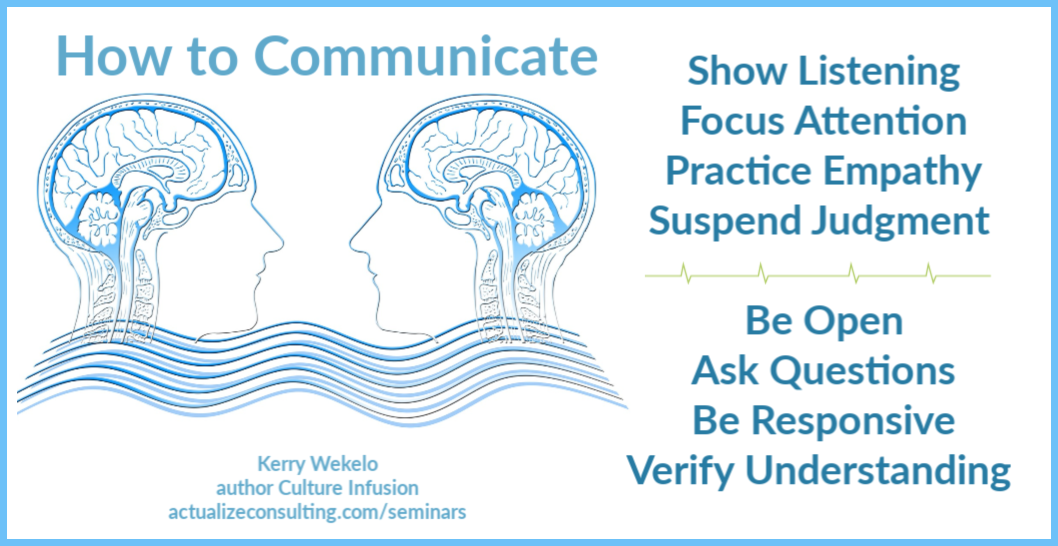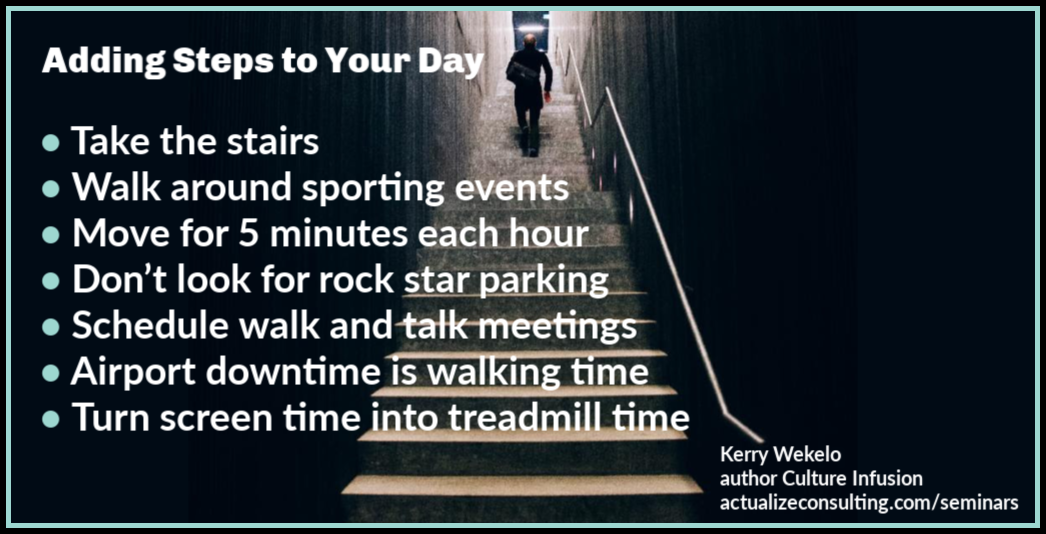This game of telephone happens when we try to relate instead of listen. This isn’t entirely wrong - we may think we’re helping when we share our stories and that it will bring us closer to the people we interact with. While communication can do all of those things, it’s important to realize that some people simply want a safe space to vent. Many times, when people have a problem or issue, they hold the solution inside of themselves. Unless they specifically ask for advice or want to hear if something similar has happened to you, try to refrain from relating and focus on listening instead.
If you are struggling with this, active listening is a practice that can help you fine-tune the way you show up in your conversations. It comprises two simple parts: Listening and Understanding.
Listening:
Allow the other person to express themselves fully before offering your opinions, and do so only if they ask.
- Practice Empathy: Put yourself in someone else’s shoes and try to see things from their perspective.
- Focus Attention: Listen fully and limit distractions like phones.
- Show Listening: Provide subtle responses, such as “yes” or “I understand.”
- Suspend Judgment: Resist making assumptions.
Understanding:
Verifying what you’ve heard is a good way to validate the other person in the conversation. It shows them you care.
- Be Responsive: Provide direct responses like “tell me more…”
- Ask Questions: Ask questions to gather details.
- Verify Understanding: Summarize what you heard to verify understanding.
- Be Open: Be open to what the other has to say.
It’s a cliché that communication is vital, but it’s true: communication is the thread that connects us all together. The next time you enter a conversation with someone, try to avoid the game of telephone. The paradox of it is, in not relating, you may even find that you relate more. Give someone the gift of listening, it is free and one of the best gifts you can give.
What have you learned by listening?





 RSS Feed
RSS Feed